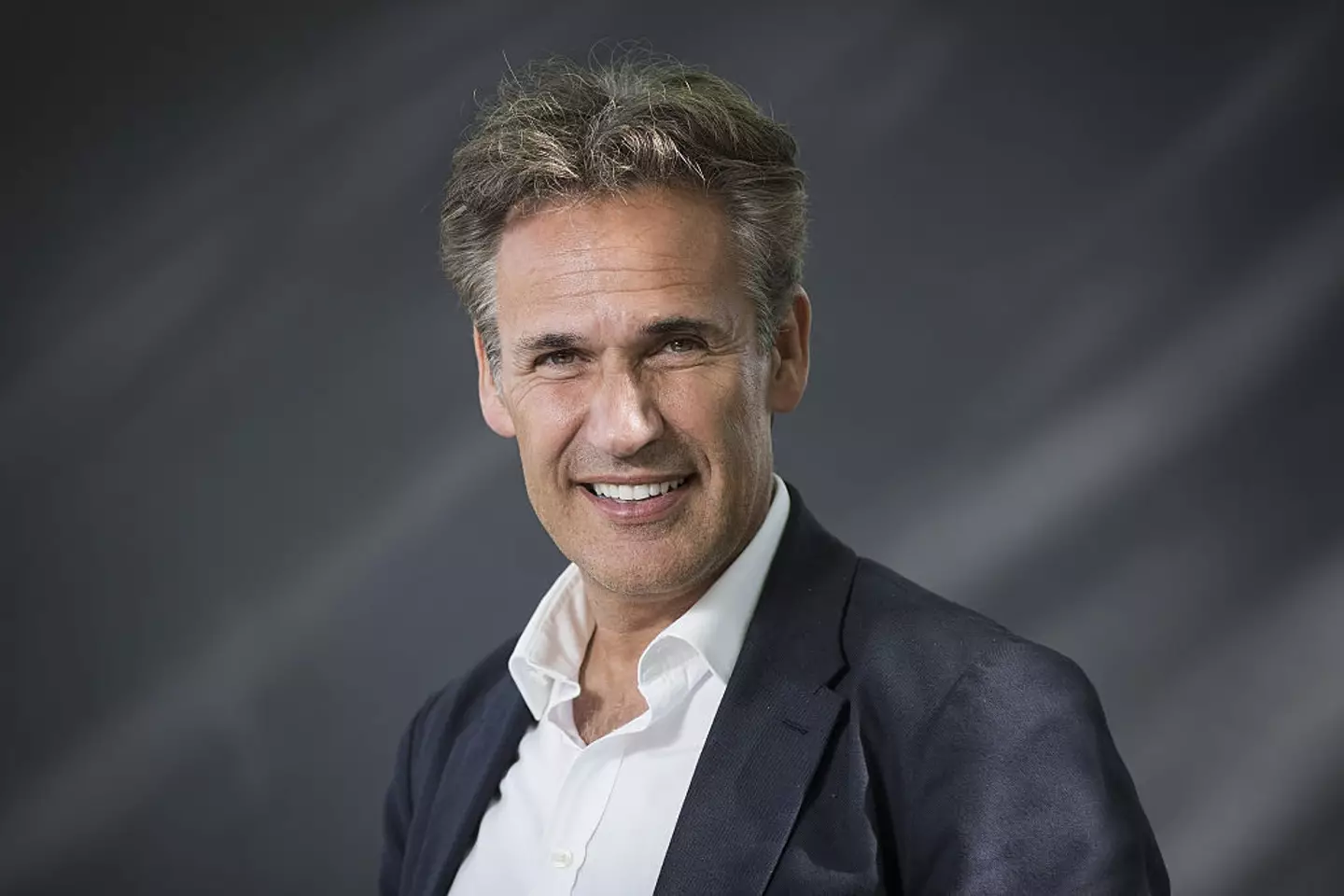
Jobs and wider employment are arguably the biggest concern that people currently have with AI advancements, and one legal expert reveals how he felt in the moment he realized that ChatGPT could replace him and his work.
People are increasingly having to grapple with the impending reality that artificial intelligence will take over almost every job out there – including even those in charge of developing the tools themselves.
Experts have frighteningly claimed that only a few jobs will survive the AI revolution, while one scientist has predicted that a 'jobless society' would bring good to the world, potentially with pipe dream-like schemes such as universal high income.
However, many people are still having to face the reality that their roles and the world at large is changing rapidly as a consequence of AI, and one legal expert has revealed the specific bone-chilling moment he made that discovery.
Advert
During a talk at Oxford University about his book on artificial intelligence, legal expert Professor Richard Susskind has revealed how the rapid evolution of models like ChatGPT have made him both optimistic and unsettled when thinking about the future.
He was asked to write an article for The Times on the impact of AI on the legal field, and he decided to use this as an experiment involving ChatGPT where he input a prompt for an 800-word article on the subject, specifically in the style of his own writing and research.
"So I look at what comes up, and as we all do slightly dismissively I went, 'Oh it's OK, but it's not nearly as good as the real thing', was my initial reaction," he explained.
He then tried the exact same experiment six months later following the release of OpenAI's advanced GPT-4 model. "I looked on screen at its response to me, and for the first time, a shiver ran up my spine," Professor Susskind recalled.
"Because this really could have been a first draft by me, and I reflect that day as our machines are becoming increasingly capable, by the time we get – at least conceptually – to GPT-6, there will be no need for me to be writing columns in The Times."
He proposes the optimism of being able to draw not just from his own writing and knowledge, but the intellect and expertise of the world's leading researchers on any topic, and have that be written in the style of someone like Martin Amis.

"There are all sorts of ways that you can imagine it being better, and my mind was opened up," he admitted. "But at the same time I thought, and this is a lesson for all of us in any form of business, I think the market will show no loyalty to our traditional ways of working if AI systems can produce an outcome, an output that is quicker, cheaper, better, and so forth."
He brands this the 'tension' that consistently finds itself in the world of AI, where it will potentially open up so many opportunities that can inspire, but can equally shut off aspects that make us human in a way that leaves you feeling 'unsettled' as a result.
